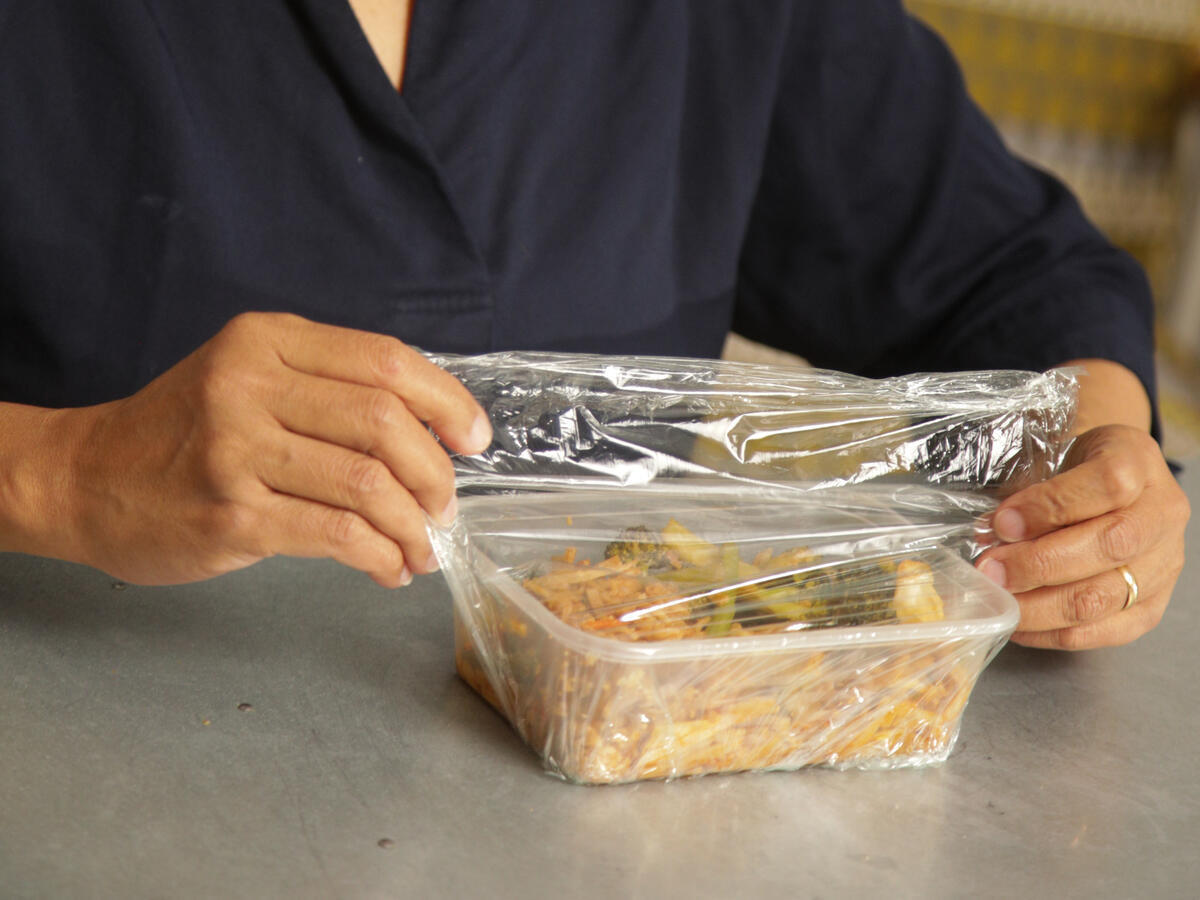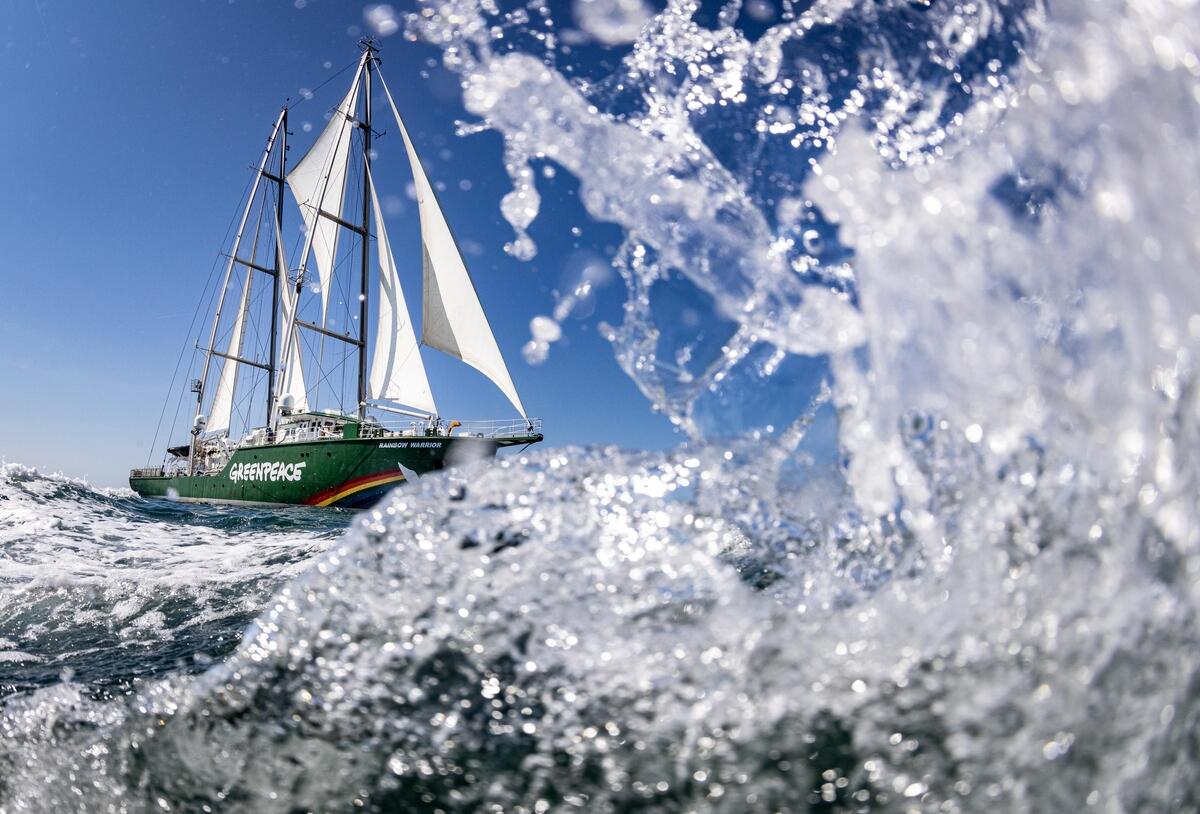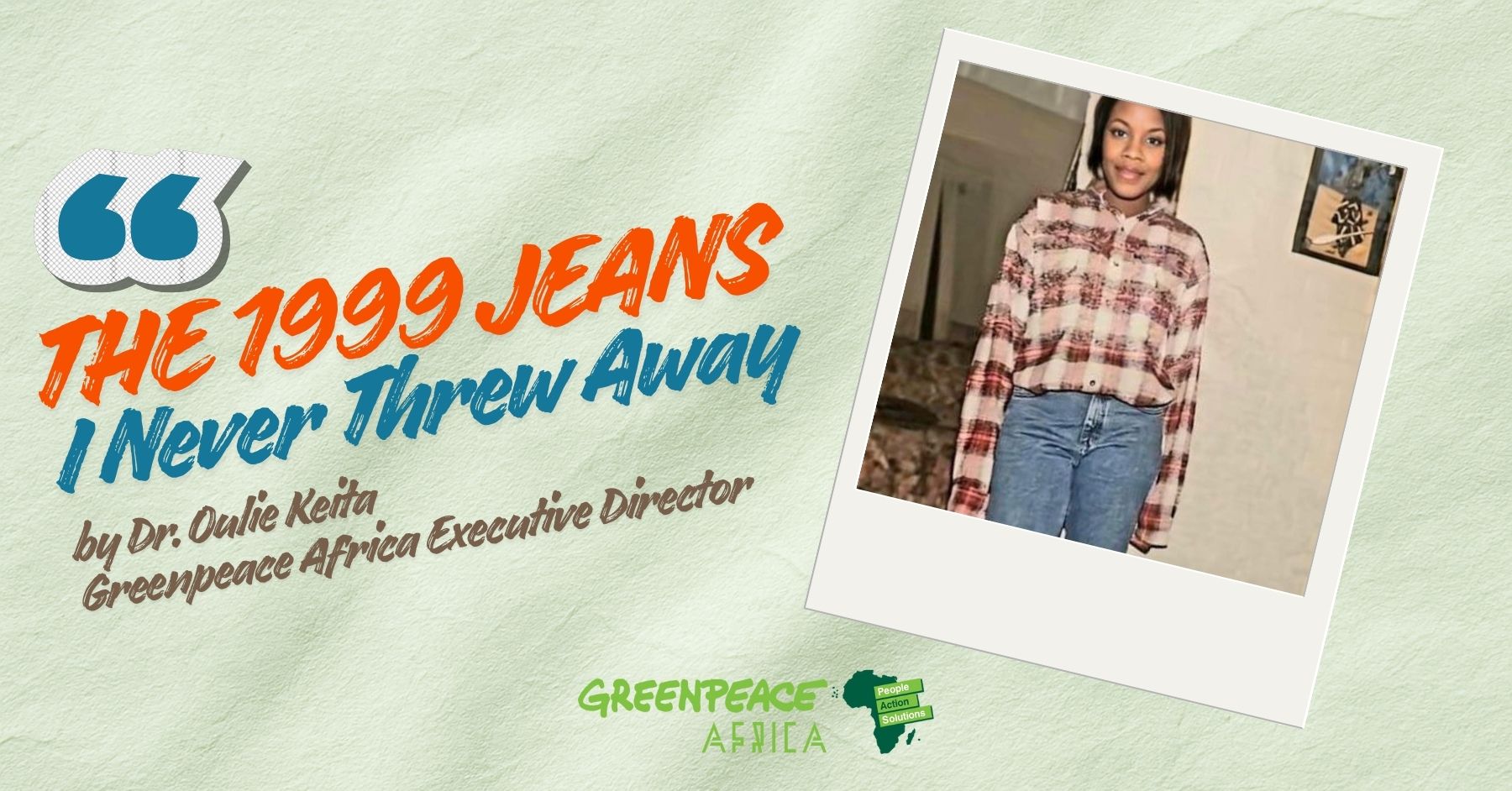Together with students from Nairobi University Chiromo Environmental Club (CEAC) and members from the Nairobi National Museum natural resources, the volunteers will on Saturday (21 April) embark on an exercise to clean up part of Nairobi River and carry out a brand audit to identify the companies responsible for plastic pollution.“Our oceans are choking on throwaway plastic. The equivalent of one garbage truck of plastic bottles, cups, straws and single use plastic bags enters our oceans every minute, every day, all year long. This Earth Day, it is time to confront the reality and address the corporate addiction to single-use plastics,” said Greenpeace Africa Volunteer, Phyllis Wanjiku.
The Nairobi volunteers have joined South African volunteers in petitioning local food retailers to abandon all single use plastics – the campaign thus far is reaching its target of 10 000 signatures.“Not only are plastics filling our oceans and killing marine life, they are also polluting our environment, food sources and blocking our drainage systems causing unnecessary flooding in Kenya. For years, there has been a notion that recycling and better waste management are the solutions, but according to a recent report by the Ellen MacArthur Foundation, only less than 10% of all plastic is recyclable. We cannot simply recycle our way out of the plastic pollution crisis. The only way to break free from this is for corporations to stop manufacturing single-use plastic in the first place,” said Gerance Mutwol, a member of CEAC.
The solution is to turn off the plastics tap and decisively end the non-essential, single-use plastics. Policies that support cost effective alternatives should also be put in place. Kenya has already taken a bold step on responsible production and consumption by banning all single use plastics effective August last year. The challenge now is to see full enforcement of this ban.
As part of the #BreakFreeFromPlastic movement, Greenpeace Africa is urging individuals in Kenya to contribute to an additional “Million Acts of Blue” —actions to push retailers, corporations, restaurants, and businesses to reduce their single-use plastics. It is going to take commitments both large and small to tackle the scale of the plastic pollution crisis in front of us, but it has to be done.
Notes to the Editor:
- Sign the petitions for corporates to stop single-use plastic here
- A recent study revealed that 91 percent of the world’s plastics have not been recycled.
- The international #BreakFreeFromPlastic movement is comprised of more than 1,100 groups, including Greenpeace, pushing for corporations to reduce and eventually phase out single-use plastic production.
- Greenpeace released a toolkit today to help individuals demand action on plastic pollution, available here: www.greenpeace.org/MillionActsOfBlue
Media Contact:
[email protected]; Communication Officer; + 254 708 056 207
Related Posts
-

Reheating plastic food containers: what science says about microplastics and chemicals in ready meals
Scientific research increasingly shows that heating food in plastic packaging can release microplastics and plastic chemicals into the food we eat.
-

Greenpeace’s Rainbow Warrior docks in Cape Town to mobilise resistance against fossil fuel expansion in African waters
The iconic Greenpeace ship, Rainbow Warrior, has docked in Cape Town and opened its door to the public as part of a campaign challenging fossil fuel expansion and plastic pollution in African waters, while mobilising public support to defend ocean and climate justice.
-

The 1999 jeans I never threw away
Remembering what fashion forgot: why keeping what we have might just save the planet.
